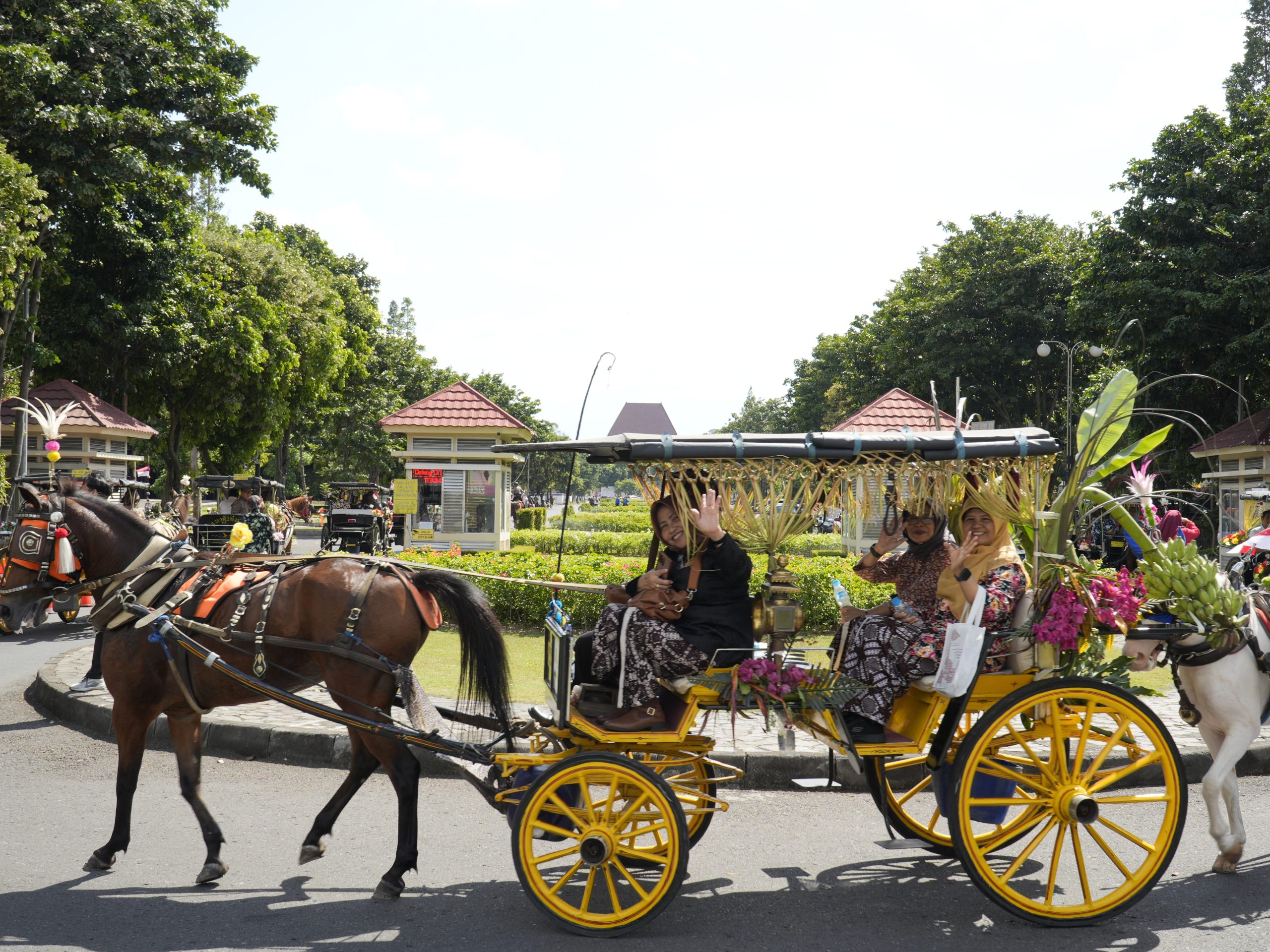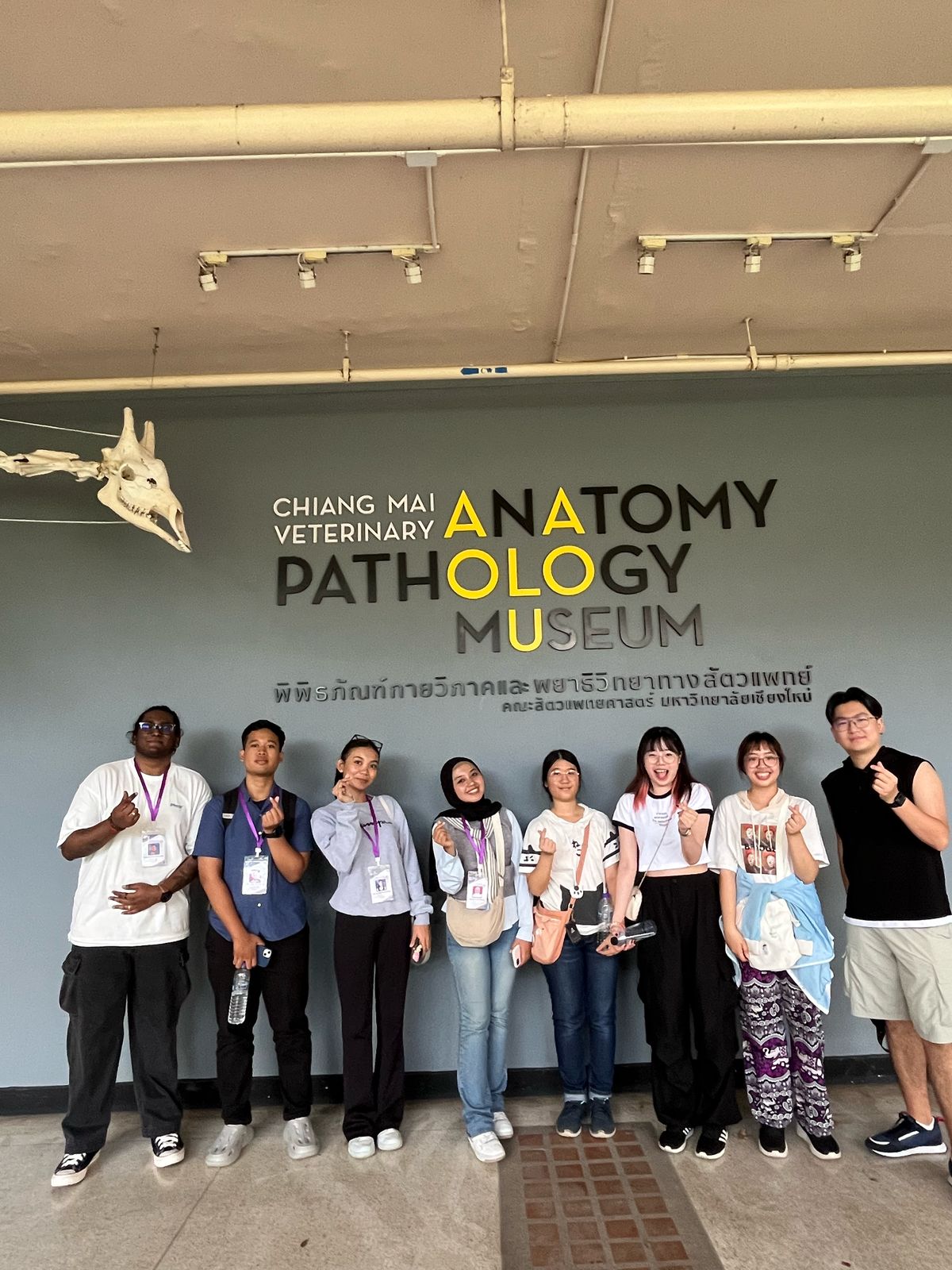Yogyakarta, June 6, 2025 — Ahead of Eid al-Adha 1446 H, a total of 285 students from the Faculty of Veterinary Medicine, Universitas Gadjah Mada (UGM), were deployed across the Special Region of Yogyakarta (DIY) to conduct inspections of qurban animals. This initiative is part of an annual collaborative program involving UGM’s Faculty of Veterinary Medicine, the Indonesian Veterinary Medical Association (PDHI) – DIY Chapter, and the DIY Office of Agriculture and Food Security. The primary objective is to ensure the safety of qurban meat and to prevent the spread of zoonotic diseases that could be transmitted through meat consumed by the public.
According to data from the Ministry of Agriculture and the DIY Agricultural Office, as of early May 2025, cases of Foot and Mouth Disease (FMD) and Lumpy Skin Disease (LSD) were still being sporadically reported in several regencies, particularly in Kulon Progo and Sleman. These diseases negatively affect livestock physiological performance, reduce productivity, and increase the risk of contamination in animal products. A structured and collaborative qurban inspection program is therefore essential to ensure that the meat distributed to communities is healthy, safe for consumption, and halal.
As part of this effort, the Department of Veterinary Public Health at UGM collaborated with the DIY Office of Agriculture and Food Security and the PDHI DIY Chapter to dispatch a team of lecturers, veterinarians, and students to conduct ante-mortem and post-mortem inspections of qurban animals across the region.
Prior to deployment, students underwent intensive training on Sunday, May 25, 2025. The training consisted of seminars and practical workshops on conducting both ante-mortem and post-mortem inspections, equipping students with the technical and ethical competencies needed for the task. From June 6 to 9, 2025, the 285 students were assigned to various areas in DIY. Ante-mortem inspections were carried out to confirm that animals were healthy before slaughter, while post-mortem inspections aimed to detect signs of zoonotic diseases or abnormalities after slaughter.
These procedures are crucial for ensuring food safety, preventing disease transmission, and upholding the principles of halal, healthy, and safe qurban practices. As slaughtering is often conducted in open-air settings, qurban meat is particularly vulnerable to contamination. The increase in qurban-related slaughtering activities requires greater attention to animal health, food hygiene, and halal certification.
This initiative directly supports several key Sustainable Development Goals (SDGs), including SDG 2: Zero Hunger, SDG 3: Good Health and Well-being, SDG 4: Quality Education, and SDG 17: Partnerships for the Goals. These contributions are reflected in the provision of safe and nutritious animal-based food, particularly for underserved communities; the prevention of zoonotic disease transmission; and the enhancement of public health. Student involvement also represents a real-world, service-based, and contextually grounded educational experience. Moreover, the program strengthens collaboration between government agencies, academic institutions, and professional organizations in advancing sustainable development in the health and food sectors.




